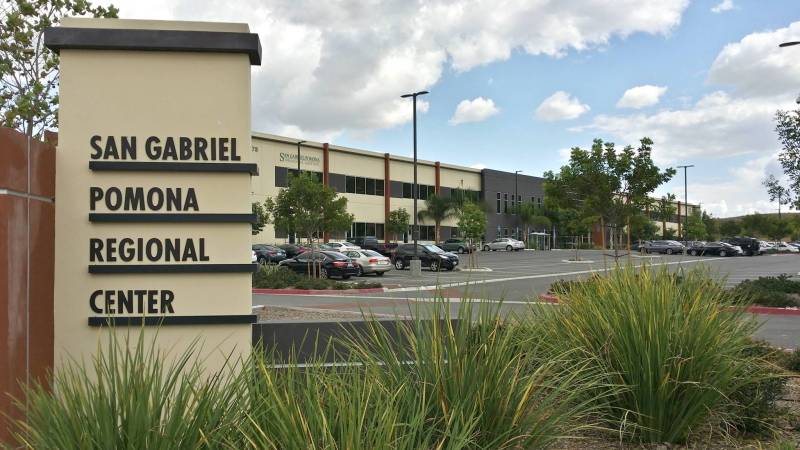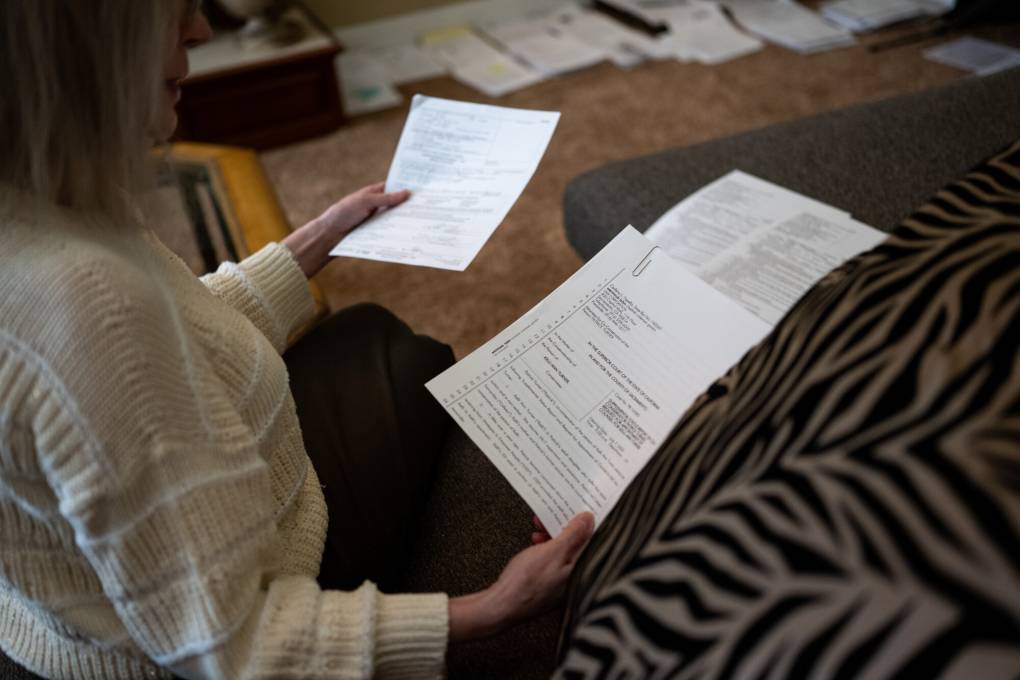Regional nonprofits that serve Californians with developmental disabilities will now be required to make their records publicly available on request as part of a bill Gov. Gavin Newsom signed into law on Saturday.
The move, which requires the centers to adhere to the California Public Records Act (PRA), adds a layer of transparency to a system that serves nearly 450,000 people and has faced heavy criticism for its opacity and lack of accountability.
AB 1147, authored by Assemblymember Dawn Addis (D-San Luis Obispo), passed through both houses of the state Legislature in September without opposition. It will affect the 21 nonprofit “regional centers” across the state that manage the developmental disability system’s $15 billion annual budget to coordinate services for people with conditions such as autism, Down syndrome and cerebral palsy.
The legislation is part of a broader package signed by the governor that’s aimed at supporting Californians with disabilities, including stronger protections for disabled students. It also follows the announcement of an ambitious effort to significantly reform the state’s developmental disability system earlier this year.
“I’m proud to continue our historic actions to protect vulnerable students, improve statewide supports, and strengthen future opportunities for the disabled community,” Newsom said in a statement on Saturday.

